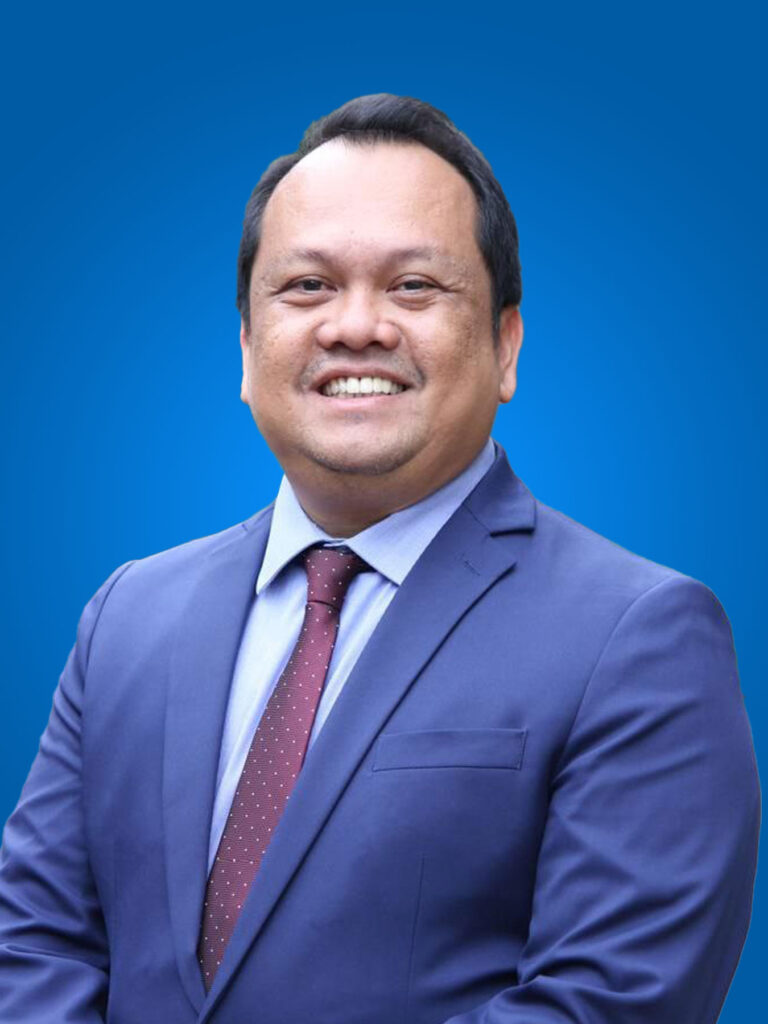Research
Research & Community Development

Research & Community Development
Advancing Knowledge, Faith, and Community Transformation
Research and Community Development
As explicitly stated in the Mission and the Vision of Ethiopia Adventist College, the Research and Community Development office is committed to providing and fulfilling holistic education in the areas of research and community involvement. The office firmly believes that research enterprise is integral to fostering the highest standards of education in Ethiopia, transforming individuals, communities, and society through teaching, research, and community impact. In formulating a strategic plan for institutional research development, the office establishes a mission and a vision, as follows:
Mission
The Research and Community Development office exists to cultivate a strong culture of ethical and values-based research, foster innovation, interdisciplinary collaboration, and lead impactful community development initiatives that uplift the well-being individuals, society, and global community.
Vision
To establish itself as a leading center for transformative research and sustainable community engagement in Ethiopia, advancing knowledge, professional competencies, and societal well-being. As a key contributor to the College’s aspiration for excellence by 2027, the department seeks to model holistic, service-oriented through research, extension, and development programs.
Research Focus Areas
Ethiopia Adventist College Research and Community Development office promotes research in a variety of disciplines, reflecting the diverse academic programs offered at the college:
- Education and Pedagogy (improving teaching and learning in diverse contexts).
- Theology and Religious Studies (deepening biblical understanding, Adventist heritage, and mission-oriented goal).
- Health and Community Development (promoting wellness, sustainability, and social transformation).
- Business and Entrepreneurship (supporting innovation and ethical enterprise).
- Information and Communication Technology (advancing digital learning and research tools).
- Agriculture and Environmental Studies (contributing to food security and environmental stewardship).
The current mission and vision of the Research and Community Development department assess the institution’s current state, identifying priorities, and defining concrete actions to enhance its research profile and output. Several indicators for attaining this goal include work divisions within the designated committees in colaboration with the administration. The research office and publication committee will coordinate all research-related activities across the institituion, supporting both faculty and student research initiatives through collaborative, multidisciplinary, and applied research. These initiatives will address real-life challenges affecting our society, nation, and the global community.
The office of research encourage faculty members and students to actively particiapte in research through proposal writing, field work, and publication. It also provides guidance on research methods, proposal development, and ethical approval processes. Outstanding student projects are showcased during annual research or research colloquium. The Research and Community Developoment office of EAC upholds the highest ethical standards in all researach activities. Every research proposal undergoes ethical review to ensure integrity, respect for human dignity and academic honesty. The office also provides training and resources on plagiarism prevention and responsibly research practices.
Research Publications
The institution fully supports the publication of scholarly works through (a) conference proceedings and academic reports, (b) digital archiving of faculty and student theses in the EAC Digital Library, (c) peer-reviewed academic journals hosted by the research office, (d) local, regional, national, and international journals, and (e) media and community forums. These resources are accessible to students, faculty, and partners for learning, citation, and collaboration. Research and Community Development office will actively expand its network through strategic collaborations with universities, research institutions, and faith-based organizations locally and internationally. These partnerships enhance the scope, quality, and increase the relevance of research at the institution.
Research and Community Impact
Community involvement or impact is the ultimate practical outcome of all major research initiatives that promote systematic development or improvement of community welfare including poverty and social justice, cultural and religious tensions (harmony), education quality, health, environmental sustainability, and socio-economic conditions. Research findings will facilitate the establishment of long-term relationships with communities, religious and educational institutions, industries, and government bodies in alignment with sustainable development objectives. Research and community impact initiatives will actively involve faculty members and students in service-learning and project-based community engagement activities.
EAC Research Foundation
The institution’s research foundation serves an institutional body and provides a competitive internal funding for faculty research aligned with institutional research roadmap. It operates as a grant program within a structured system where the institution allocates funds or initiates substantial fundraising efforts to support faculty research or research collaborations with research-skilled students. Engaging in such a program entails several stages including planning, announcing, evaluating, funding, monitoring, and reporting.
This research foundation also provides research means and relevant information from external grant facilitations and research partnerships to support and advance the institution’s research mission. Both internal and external research funding management will strengthen research culture and mission, accreditation requirements, innovations, publications, and community impact.
Contact the Research Office
Office of Research and Community Development
Dr. Henry Sitanggang – Director
